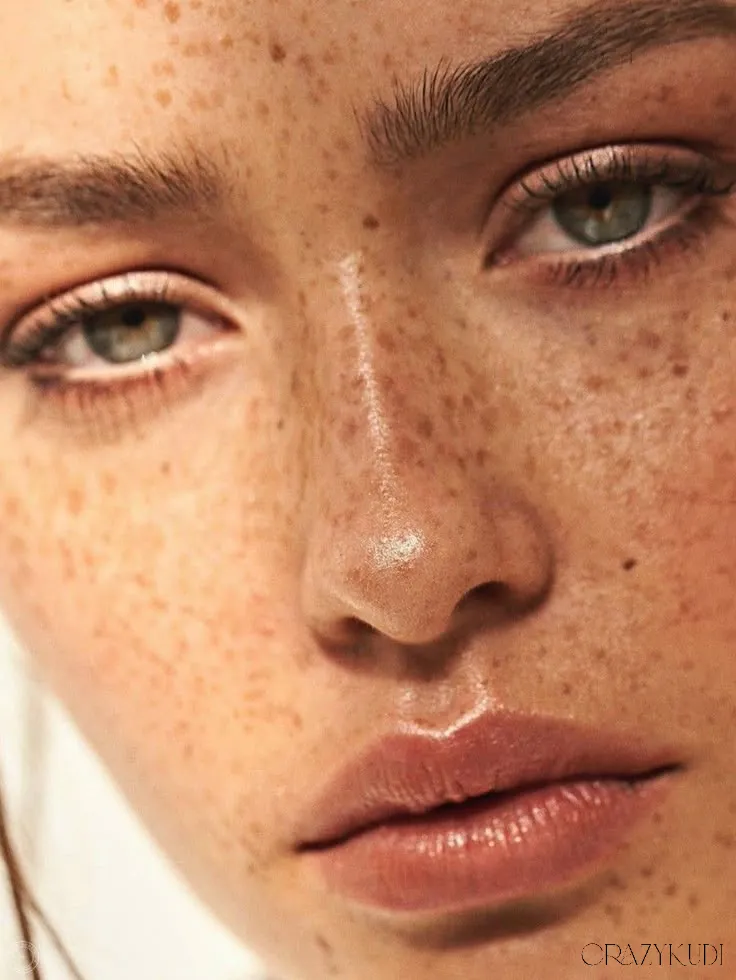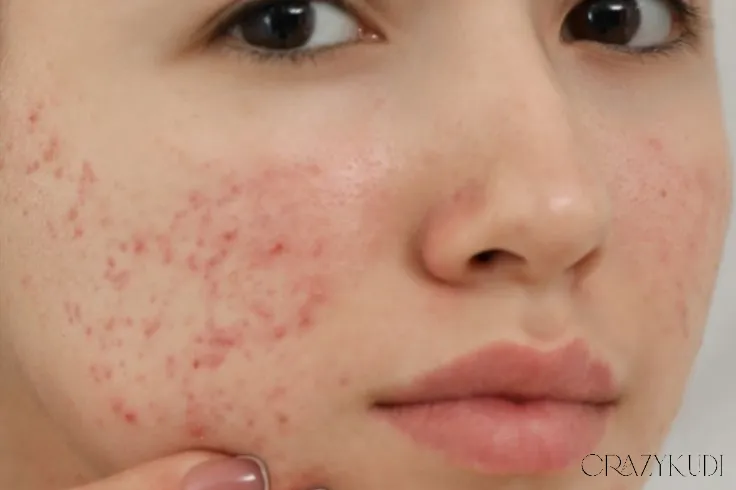Hormonal acne is one of the most stubborn and frustrating forms of acne, affecting many people, particularly women. Whether you experience it during your menstrual cycle, pregnancy, or due to conditions like PCOS, hormonal fluctuations can lead to breakouts that seem impossible to control. The good news is that both medical treatments and natural remedies can help you manage hormonal acne and prevent future breakouts. In this guide, we’ll explore effective treatments and natural remedies to help you get rid of hormonal acne and keep your skin clear.
What Causes Hormonal Acne?
Before we dive into treatments, it’s important to understand what causes hormonal acne. Hormonal acne is typically linked to changes in hormone levels, particularly androgens (male hormones like testosterone), which can lead to increased oil production in the skin. This excess oil can clog pores, leading to acne. Hormonal acne often appears in areas where the skin is oilier, such as:
- Chin
- Jawline
- Neck
- Cheeks
- Back
Hormonal acne can also be more persistent than other types of acne, as it’s often tied to ongoing hormonal fluctuations. Women may experience hormonal acne around their menstrual cycle, during pregnancy, or when they have conditions like PCOS (Polycystic Ovary Syndrome). It can occur at any age but is most common during puberty and in adult women, especially during hormonal changes.
Also read: Polycystic Ovary Syndrome (PCOS) and Acne: Connection, Treatment, and More
Medical Treatments for Hormonal Acne
If you're struggling with persistent hormonal acne, there are several medical treatments available that can help manage and reduce breakouts.
1. Hormonal Birth Control Pills
Oral contraceptives are one of the most effective treatments for hormonal acne, especially for women with fluctuating hormone levels. Birth control pills containing both estrogen and progestin help regulate hormones, lower androgen levels, and reduce oil production, which can significantly reduce acne.
- Popular birth control brands like Yaz, Yasmin, and Ortho Tri-Cyclen have been shown to improve hormonal acne by balancing estrogen and progesterone levels.
- It’s important to note that birth control pills may take a few months to show results, and they’re not suitable for everyone, particularly women who smoke or have certain health conditions.

2. Anti-Androgen Medications (Spironolactone)
Spironolactone is an anti-androgen medication that blocks the effects of male hormones like testosterone. By reducing the levels of these hormones, spironolactone can help reduce oil production and improve acne in women with hormonal imbalances.
- Spironolactone is often prescribed in combination with birth control pills for women with severe or persistent hormonal acne. It can be particularly helpful for women with conditions like PCOS.
3. Topical Treatments
Several topical treatments can help control acne caused by hormonal fluctuations. These treatments work by reducing oil production, unclogging pores, and preventing bacterial growth.
- Retinoids (such as tretinoin and adapalene) are powerful treatments that increase skin cell turnover, reduce clogged pores, and promote clearer skin. Adapalene (Differin) is available over the counter and is an excellent option for treating hormonal acne.
- Benzoyl Peroxide is an antibacterial treatment that helps kill the bacteria responsible for acne, while also reducing inflammation and redness.
- Salicylic Acid works by exfoliating the skin, helping to prevent clogged pores and reducing inflammation. It can be especially helpful for blackheads and smaller breakouts.
4. Oral Medications (Antibiotics)
For more severe cases of hormonal acne, oral antibiotics like doxycycline or minocycline can help reduce inflammation and bacterial growth. These medications are often prescribed for short-term use to manage cystic or inflamed acne.
Also read: What Is Nodular Acne and How Is It Treated?
Natural Remedies for Hormonal Acne
In addition to medical treatments, many people find that certain natural remedies can help manage their hormonal acne. While these remedies may not be as potent as prescription treatments, they can complement your skincare routine and reduce the frequency and severity of breakouts.
1. Tea Tree Oil
Tea tree oil is a well-known natural remedy for acne due to its powerful antibacterial and anti-inflammatory properties. Studies have shown that it can be as effective as benzoyl peroxide in treating acne, but with fewer side effects like irritation or dryness.
- To use tea tree oil, dilute a few drops with a carrier oil (like jojoba or coconut oil) and apply it directly to the affected areas. You can also use a tea tree oil-based acne gel for targeted treatment.
2. Aloe Vera
Aloe vera is known for its soothing and anti-inflammatory properties. It can help reduce the redness and swelling of hormonal acne, and it also has a mild antibacterial effect.
- Apply fresh aloe vera gel directly to your skin, or use an over-the-counter aloe vera gel that is free from added chemicals and fragrances.
3. Green Tea
Green tea is rich in antioxidants and has natural anti-inflammatory properties that can help calm the skin and reduce acne flare-ups. Drinking green tea regularly can improve overall skin health, while applying cooled green tea directly to the skin may help reduce redness and swelling.
- To use green tea for acne, brew a cup of green tea, allow it to cool, and apply it to the skin using a cotton ball. Alternatively, you can use skincare products that contain green tea extract.

4. Zinc Supplements
Zinc is an essential mineral that plays a key role in regulating oil production and reducing inflammation. Studies suggest that zinc supplements can be effective in reducing the severity of acne, especially in individuals with hormonal acne.
- Taking a zinc supplement (typically 30 mg per day) may help balance hormones and reduce acne flare-ups. Always consult with your healthcare provider before starting any new supplement.
5. Omega-3 Fatty Acids
Omega-3 fatty acids, found in foods like salmon, chia seeds, and walnuts, are known to reduce inflammation in the body. Incorporating omega-3-rich foods into your diet can help reduce the inflammation that contributes to hormonal acne.
- You can also take omega-3 supplements (like fish oil) to help manage acne and improve skin health.
Also read: Guide to Period-Related Breakouts
6. Apple Cider Vinegar
Apple cider vinegar (ACV) has been shown to have mild antibacterial and exfoliating properties, which can help prevent acne breakouts. Its acidity helps balance the pH of the skin and remove excess oil.
- To use ACV, dilute it with water (typically 1 part ACV to 3 parts water) and apply it to the skin as a toner. Be cautious, as ACV is very strong and can irritate sensitive skin.
Final Thoughts
Hormonal acne can be challenging, but with the right approach, you can reduce breakouts and keep your skin healthy. Whether you choose medical treatments, natural remedies, or a combination of both, consistency is key to managing hormonal acne effectively. If your acne persists or is severe, consider consulting a dermatologist to explore prescription treatments and develop a personalized skincare routine.
By understanding the root causes of hormonal acne and utilizing the right treatments, you can enjoy clearer, healthier skin throughout your hormonal fluctuations.

